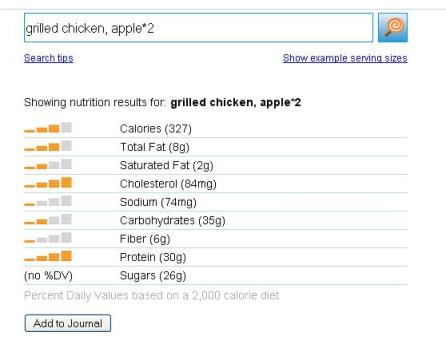November 27th, 2010 by Berci in Better Health Network, Medical Art, News, Research
No Comments »

The New York Times published an article (with VIDEO) about molecular animators, scientists who can visualize the microscopic segments of life in a professional way:
If there is a Steven Spielberg of molecular animation, it is probably Drew Berry, a cell biologist who works for the Walter and Eliza Hall Institute of Medical Research in Melbourne, Australia. Mr. Berry’s work is revered for artistry and accuracy within the small community of molecular animators, and has also been shown in museums, including the Museum of Modern Art in New York and the Centre Pompidou in Paris. In 2008, his animations formed the backdrop for a night of music and science at the Guggenheim Museum called “Genes and Jazz.”
“Scientists have always done pictures to explain their ideas, but now we’re discovering the molecular world and able to express and show what it’s like down there,” Mr. Berry said. “Our understanding is just exploding.”

*This blog post was originally published at ScienceRoll*
November 18th, 2010 by Berci in Better Health Network, Health Tips, News, Research
No Comments »

Although I can check the calorie content of any food on WolframAlpha, it’s good to have a site that focuses only on this issue:
PhotoCalorie is an application inspired by the ideas of Dr. Mark Boguski of Harvard Medical School, who realized that the current methods available to track your daily nutrient intake are monotonous and simply too complicated. As a result, people would lose interest in tracking their diet or stop the diet all together. Our mission is to create the easiest food journal on the planet to help dieters lose weight and monitor their diet with ease.


*This blog post was originally published at ScienceRoll*
November 11th, 2010 by Berci in Better Health Network, News, Research
No Comments »

 medCrowd is the 52nd in my list of biomedical community sites and maybe the first one using crowdsourcing. From medCrowd:
medCrowd is the 52nd in my list of biomedical community sites and maybe the first one using crowdsourcing. From medCrowd:
Perhaps, you have a patient with a rare condition and you don’t know the best treatment. Or you are treating a patient and you have heard there have been recent developments in the field, but you are not sure how these actually affect your patient’s day-to-day management.
The problem is finding the best solution for your patient. What you need is help finding it.
medCrowd enables you to find the best solution for your patient by collecting your peers’ professional opinions, simply and in one place. This is called crowdsourcing.
*This blog post was originally published at ScienceRoll*
November 4th, 2010 by Berci in Better Health Network, Health Policy, Health Tips, Research
No Comments »

Whenever I talk to doctors about using social media in medicine, they seem to think there are more cons than pros regarding this issue. I like reminding them about some major differences between 2000 and today:
| What would I do if… |
In 2000 |
Today |
| I need clinical answer |
Try to find a collegue who knows it |
Post a question on Twitter |
| I want to hear patient story about a specific condition |
Try to find a patient in my town |
Read blogs, watch YouTube |
| I want to be up-to-date |
Go to the library once a week |
Use RSS and follow hundreds of journals |
| I want to work on a manuscript with my team |
We gather around the table |
Use Google Docs without geographical limits |
Read more »
*This blog post was originally published at ScienceRoll*
October 31st, 2010 by Berci in Better Health Network, Health Tips, News
No Comments »

The Centers for Disease Control and Prevention (CDC) has published the newest “Health Communicator’s Social Media Toolkit.” From the CDC:
A guide to using social media to improve reach of health messages, increase access to your content, further participation with audiences, and advance transparency to improve health communication efforts.
The guide is truly fantastic, detailed, and comprehensive.

*This blog post was originally published at ScienceRoll*
















